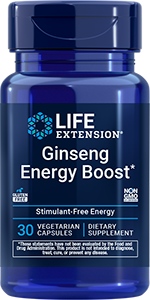|
Tuesday, December 30, 2014. A randomized, double-blind trial reported online on October 16, 2014, in Nutrition Research found a protective effect for zinc supplementation against DNA strand breaks. This type of genetic damage is caused primarily by reactive oxygen species and can lead to further damage and consequent disorders if not repaired.
The study included 40 Ethiopian women believed to be of low zinc status due to decreased meat intake and high dietary phytate levels, which reduce zinc absorption. Plasma zinc levels were measured in blood samples collected at the beginning of the study. The women were given 20 milligrams zinc from zinc sulfate or a placebo daily for seventeen days. Comet assay of intracellular DNA strand breaks was conducted in cells collected at the beginning and end of the trial.
While plasma zinc levels were not significantly changed by the end of the study, comet tail measurement of DNA strand breaks decreased from an average of 39.7 to 30.0 in the supplemented group.
"Zinc deficiency in both in vitro and in vivo models is associated with increased oxidative stress and increased DNA damage," note Maya L. Joray of the University of Colorado Health Sciences Center and colleagues in their introduction to the article. "As a result of this relationship between cellular zinc levels and DNA damage, the comet assay, a method that measures DNA strand breaks in cells, may represent a sensitive functional tool to assess response to zinc supplementation."
"Plasma zinc comprises a very small percentage of the total body zinc, and plasma zinc may not be a priority pool for repletion in chronically deficient adults," the authors remark. "Because of zinc's essential role in maintaining DNA integrity, the comet assay may be a useful tool to assess cellular impacts of alterations in zinc intake and possibly zinc status."
|







